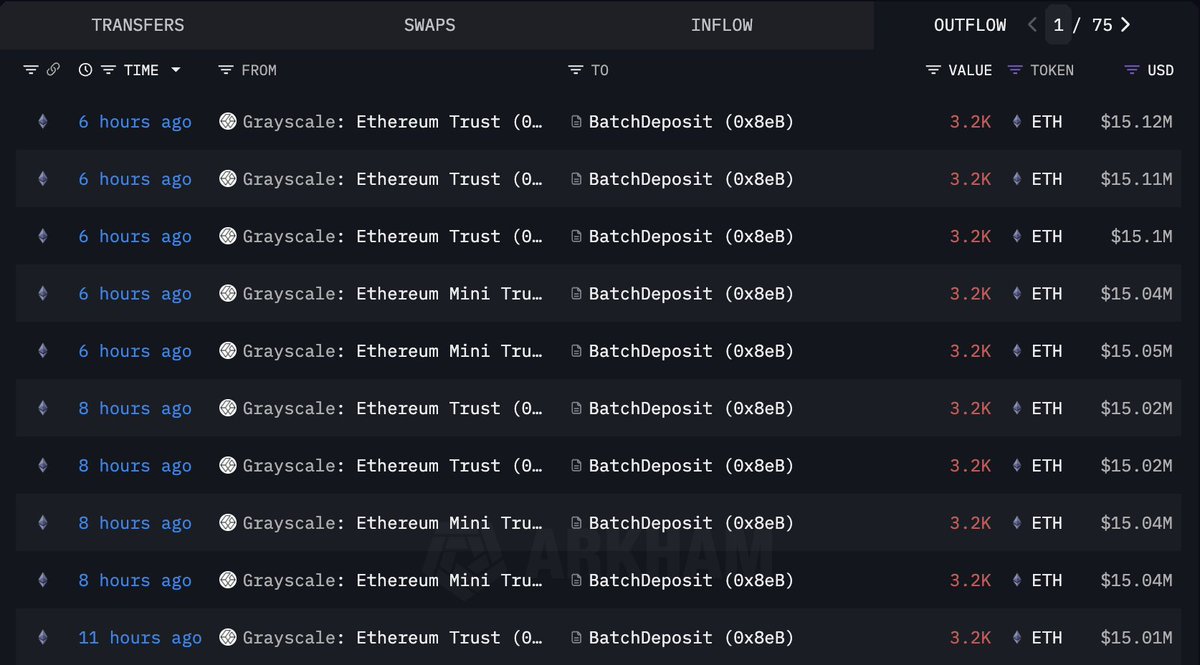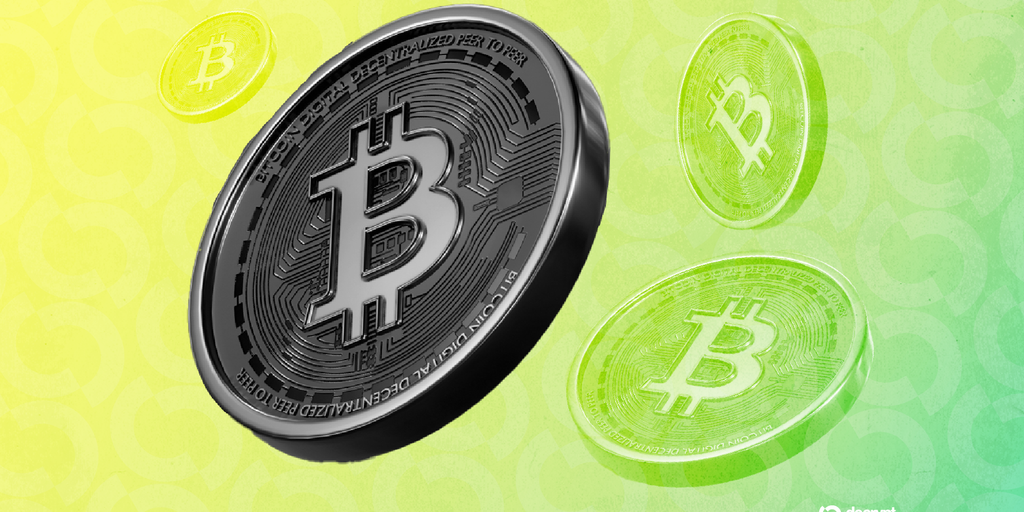Bitcoin ATMs And Their Impact On Crypto Security
The Federal Trade Commission (FTC) has flagged BTC ATMs as a major tool for scammers. According to a recent FTC report, fraudsters are increasingly using these machines to trick people into depositing cash directly into their crypto wallets.
Typically, scammers impersonate officials, warn victims about supposed financial threats, and advise them to deposit money into the payment instrument to “protect” their funds. However, in turn, these funds go straight to the scammer’s wallet, with no chance of recovery.
Meanwhile, the FTC’s data shows a staggering rise in reported losses, with over $110 million lost to Bitcoin ATM scams since 2020. In just the first six months of 2024, losses surpassed $65 million, affecting consumers of all ages.
The median loss reported was $10,000, with older adults over 60 being particularly vulnerable. These scams often involve government impersonation, business fraud, or fake tech support, exploiting victims’ fears to gain access to their money.
Why Are Crypto Hackers Targeting The BTC Payment Option?
Beyond scams, Bitcoin ATMs also pose significant cybersecurity risks. Experts warn that these machines are especially vulnerable to both physical and digital attacks. Unlike traditional ATMs, these alternatives are prime targets for hackers due to the high value of cryptocurrencies.
A recent CNBC report cites Timothy Bates, a cybersecurity professor, who points out that malware attacks on these machines can capture private keys, steal funds, or manipulate transactions. Many of these crypto ATMs also suffer from outdated software and lack regular security patches, increasing their susceptibility to cyber threats.
In addition, another concern of these ATMs is network vulnerabilities. If the machine’s network is unsecured, hackers can intercept data transfers, leading to unauthorized access or data theft. Joe Dobson, an analyst at Mandiant, highlights that Bitcoin’s decentralized nature, while a strength, also means there’s no governing body overseeing the ATMs. This lack of oversight opens the door for independent operators, some of whom may neglect essential security protocols.
Meanwhile, Bitcoin ATMs often require personal identification, such as Social Security numbers, for compliance with Know Your Customer (KYC) regulations. If compromised, this sensitive information could fall into the wrong hands, putting users at risk.
Conclusion
In conclusion, the rise of Bitcoin ATMs has brought both opportunities and challenges to the cryptocurrency landscape. While they offer a convenient way to purchase cryptocurrencies, they also present a significant threat to users’ security and privacy. It is essential for regulators, operators, and users to work together to address these concerns and ensure that these machines are secure, reliable, and transparent.
FAQs
Q: What is a Bitcoin ATM?
A: A Bitcoin ATM is a machine that allows users to purchase cryptocurrencies, such as Bitcoin, using cash or other fiat currencies.
Q: How do Bitcoin ATMs work?
A: Bitcoin ATMs work by connecting to a user’s digital wallet and allowing them to deposit cash or other funds into the machine. The machine then converts the funds into the desired cryptocurrency and dispenses it to the user.
Q: Are Bitcoin ATMs secure?
A: Bitcoin ATMs can be vulnerable to physical and digital attacks, making them a target for hackers and scammers. It is essential for operators and users to take measures to ensure the security and integrity of these machines.
Q: How can I protect myself from Bitcoin ATM scams?
A: To protect yourself from Bitcoin ATM scams, always verify the authenticity of the machine and the operator, and never respond to unsolicited messages or calls. Additionally, be cautious when sharing personal information and keep your digital wallet and account information secure.











✓ Share: